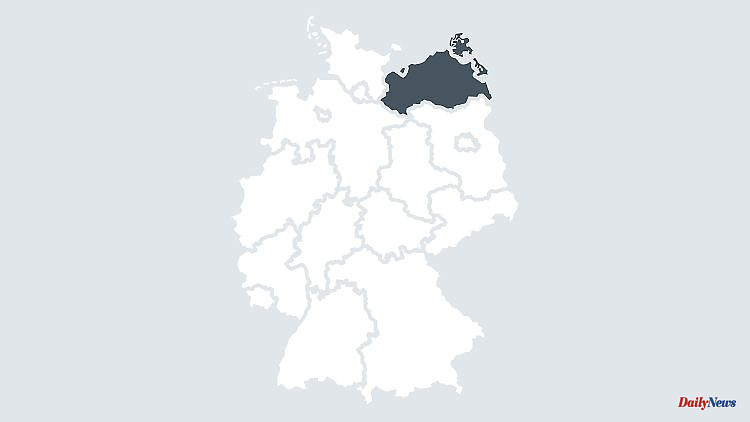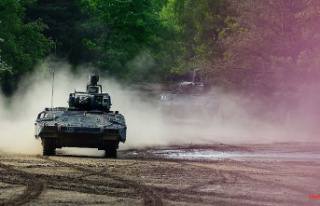Prime Minister Rhein speaks of repulsive acts, the state fire brigade association of insidious attacks: the attacks against emergency services on New Year's Eve are widely condemned.
Wiesbaden (dpa/lhe) - Hesse's Prime Minister Boris Rhein (CDU) has sharply condemned the attacks on emergency services on New Year's Eve. "Attacks on emergency services are always attacks on society and thus on all of us," said the head of government on Monday of the German Press Agency in Wiesbaden. "The images of violence from Berlin on New Year's Eve shocked me."
The emergency services deserve respect every day because they fight for the safety and health of the citizens every day. "Attacks and threats against police officers, firefighters and rescue workers are repulsive," warned Rhein. "Such acts must be punished with the full severity of the rule of law." There must be a new culture of appreciation for the emergency services.
The Hessian state fire brigade association and the police union (GdP) also called for consistent action against these violent criminals. There must be faster and, above all, more consistent action by the judiciary, even if this often means the maximum penalty. The entire range of offenses must be exhausted in criminal prosecution.
In several cities across Germany, police and rescue workers were hindered in their work on New Year's Eve and fired on with firecrackers and rockets. The police and fire brigade in Berlin experienced a particularly large number of brutal attacks. "Thank God the situation in Hesse was different at the turn of the year, the night was largely calm and peaceful," said the Prime Minister.
Although the ban on burning New Year's Eve fireworks from the past pandemic years was lifted at the turn of the year, New Year's Eve in Hesse was largely quiet from the police point of view, the Ministry of the Interior announced. The police headquarters were in close coordination with the cities and municipalities but with increased forces.
The Hessian fire brigades, on the other hand, had had a significant increase in operations after the ban on fireworks was lifted. According to the ministry, the fire brigades in the country had to deploy more than 970 times in total. The majority of these were small fires such as burning garbage cans or hedges. In the two previous years, when the sale and firing of fireworks was prohibited, only 311 (2021/2022) and 99 missions (beginning of the year 2020/2021) were counted on New Year's Eve.
The willingness to use force against emergency services has now become a permanent issue, said the President of the State Fire Brigade Association, Norbert Fischer. "But this scale has taken on a new dimension." Sneaky attacks by violent groups were "definitely not possible".
In Dreieich, for example, firefighters were attacked with irritant gas on the way back from the mission. In Frankfurt, too, firefighters and police were shot at with pyrotechnics. In some places, the disrupters had also erected barricades that made operations unnecessarily difficult.
From GdP's point of view, the discussion about bans on firecrackers does not contribute to preventing attacks on emergency services. Firecracker ban zones could help to "pacify" the corresponding parts of the city on New Year's Eve, said GdP state chairman Jens Mohrherr. "But an eroding society, as it is currently evident, must be countered in a sustainable manner and not with more and more blatant bans."












